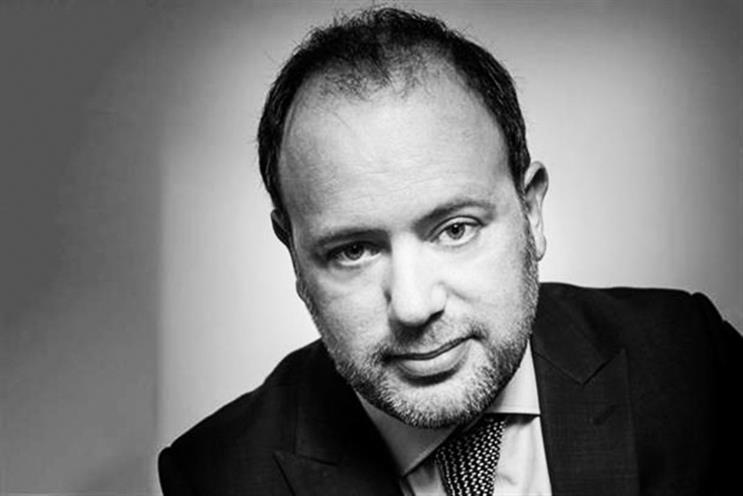Advertisers increased their spend on Facebook to $55bn (£42bn) last year but they are not holding the world’s biggest social media company to account.
Although some marketers worry about Facebook’s repeated problems, most prefer to focus on its 2.3 billion global users across a range of free services, which include Instagram and WhatsApp, and the fact it is highly effective at driving short-term performance such as sales and click-through rates.
Reaching the same audience via other channels is harder and more expensive, according to agency chiefs, who say it is easier to drop YouTube than Facebook. What’s more, Mark Zuckerberg’s company is adept at keeping senior marketers sweet and inviting them to join its "client council".
Even if a few big brands withheld spend – and some online rivals are said to have enjoyed a slight lift in the UK recently – it would barely make a dent because Facebook has seven million advertisers. Most are small businesses that get results from their ads and don’t worry about negative noise.
"The only thing that will make Facebook change is if the advertising dollars stop pouring in or consumers start leaving," one agency boss says.
However, politicians are now going where the ad industry has failed to tread. They are taking on Facebook and other social media companies and demanding that senior executives should be liable for the content that is published on their platforms.
Legislation is on the cards, including in Australia, where social media bosses face jail if they fail to take down hateful content quickly, and the UK, which has outlined plans for a tough regulator and stiff penalties in a white paper.
Facebook is the main target because it is so big and has been plagued by problems. These include hate speech, election rigging, fake news, data breaches, fake followers, child exploitation and mental-health issues such as self-harm and suicide.
The company’s apologies and policy updates have become more frequent as it insists that it has got on top of whatever the latest problem is – only for another failure to occur.
The most egregious, recent incident was the live-streaming of a terror attack in Christchurch, New Zealand when sympathisers posted versions of the video 1.5 million times. Facebook said it had never seen such a co-ordinated effort as the imagery and sound were edited to make it harder for the tech giant’s machines to identify and remove the rogue content.
Zuckerberg and his lobbyists maintain they are making "progress" and would welcome regulation. Facebook has recruited 30,000 people to moderate content and improve safety and it claims its machine learning will get smarter. The company is also producing regular "transparency" reports and putting every political ad that runs on the site in a public register.
But the challenge is that everyone from bad actors from rogue states to malicious individuals will always seek new ways to breach the defences. Everything that has happened in the past few years from Cambridge Analytica to Christchurch suggests that Facebook is too big to manage.
Social media has undoubted benefits and Facebook employs many decent people but they must toe the Zuckerberg line. The excuses and the spin are wearing thin and they follow other irritations from counting two seconds as a video view to offshore tax avoidance. "After years of this, I’ve come to the conclusion that they don’t give a shit," a senior UK industry figure says.
How to regulate Facebook is now a defining issue of our times. It raises existential questions about whether an organisation that seeks to connect the world for profit should be broken up and whether a platform that relies on user-generated content can be brand safe unless it takes 100% responsibility for the content it hosts.
Finding a regulatory solution is a huge, technical challenge and politically complicated because laws are made nationally and technology is global.
Brands, which fund social media, need to come off the fence. We all have a duty to hold Facebook to account.



